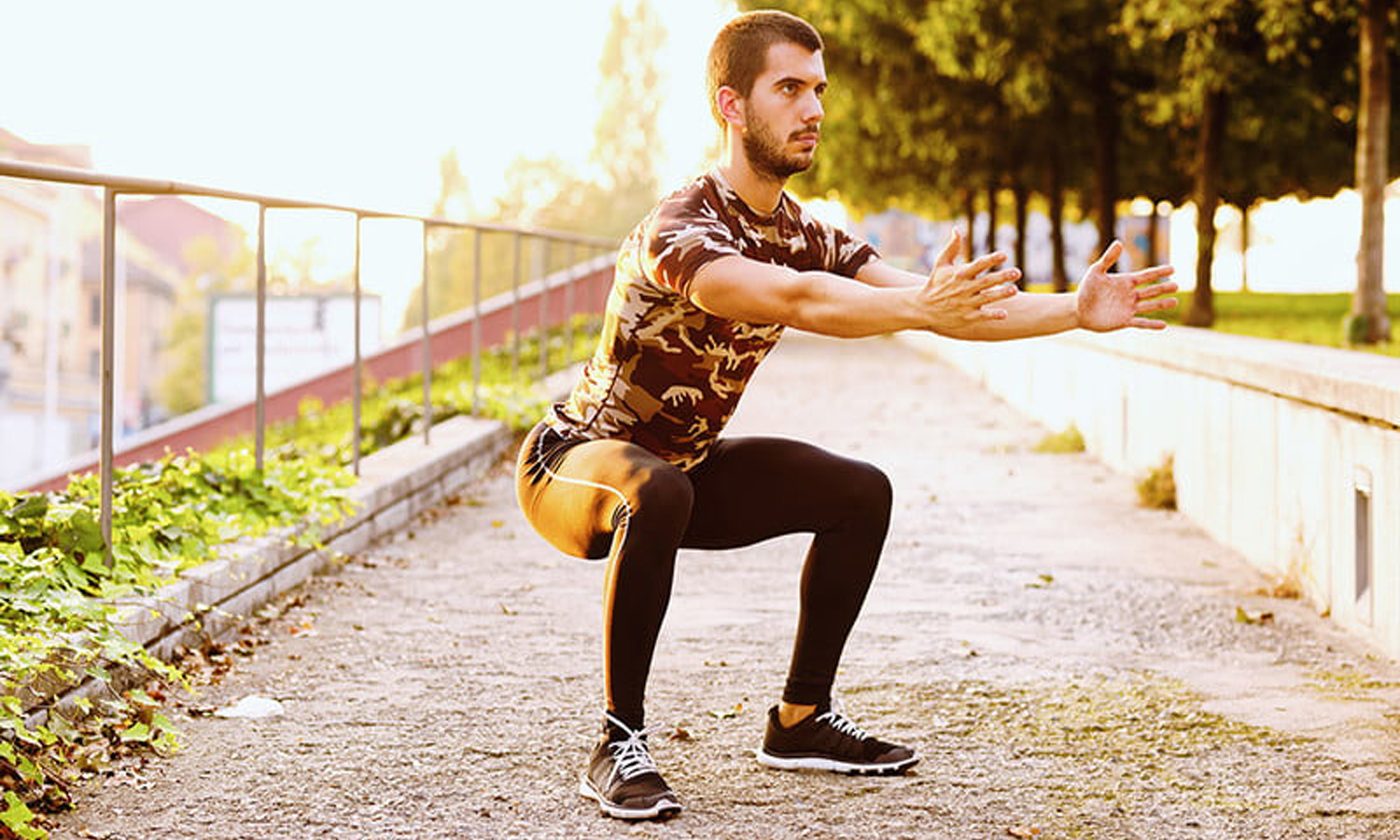While repetitive squats and walking lunges can be challenging, I always feel like I’m leveling up my fitness after powering through them. When I was learning to walk again, going through physical therapy, and trying to regain strength in severely atrophied muscles and bone on one side of my lower body, squats were actually a key exercise in my recovery, as much as I didn’t always feel like doing them.
Interestingly, children and toddlers squat down frequently, and it’s a natural and beneficial movement. Many people think squatting, especially deep squats where your calves and quads touch, could be bad for your knees and joint health. Recently, researchers explored whether this holds any weight or if it’s another widely spread misconception. Are deep squats really bad for your knees?
The review results

In a recent review published in Frontiers in Sport & Active Living, researchers analysed 15 studies deemed to be more accurate with a low risk of bias. Out of all of those 15 studies, the researchers found that only one showed deep squats could increase the risk of injury, with the other 14 revealing that deep squats had no detrimental or negative effect on knee joint health.
With such a high success rate, the researchers concluded that squats are a safe and effective exercise that’s good news for your knees.
The research so far

Another study revealed that squats can improve muscle strength for those with knee osteoarthritis. In contrast, one study showed that the deeper squat posture increases stress in the knee joint, which can cause cartilage damage, and the researchers noted that the sustained deep squat posture should be avoided. They also pointed out the need for further investigation.
However, in this new review, the researchers stated that the cartilage adapts to the load and strain imposed during deeper squats by increasing the cartilage thickness and strengthening the ligaments over time, making squats more protective for knee joint health, as long as you maintain proper technique and don’t use excessive weight. Our bodies are smart and often adapt brilliantly to withstand our current challenges and environment.
The takeaway

If you’re unsure if deep squats or any squats are suitable for you, it’s best to consult your healthcare provider or physical therapist. Overall, most of the research concludes that squats are beneficial for your knee joint health, including in those with osteoarthritis.
I suffered from ankle and knee swelling on one side after my surgery last year. When the swelling went down enough, I can personally say that doing squats as part of my physical therapy routine helped me feel stronger and more flexible in all of my leg joints and muscles, including my knobbly knees.




